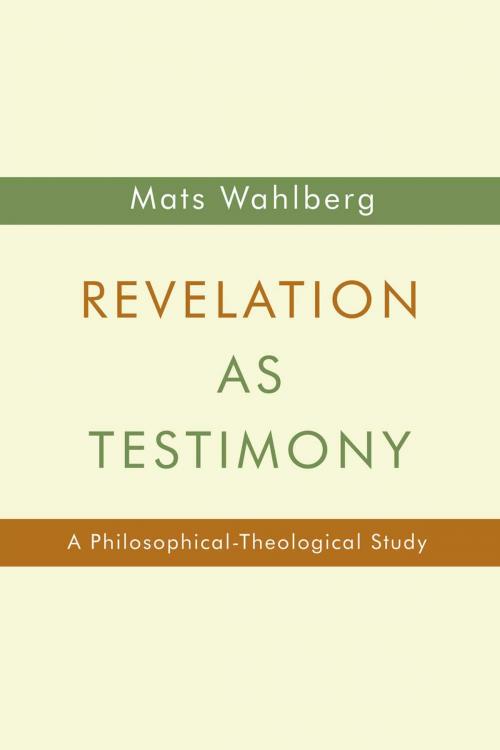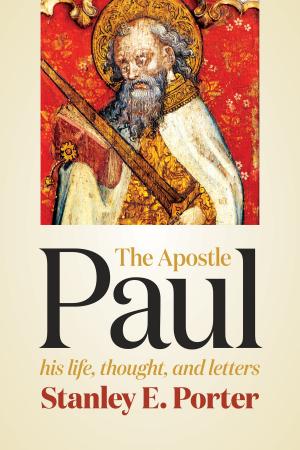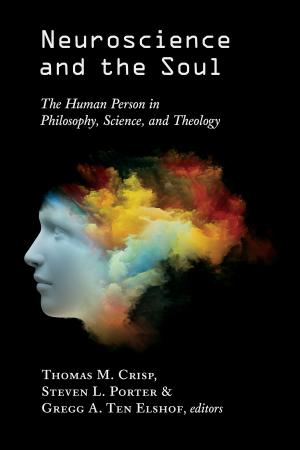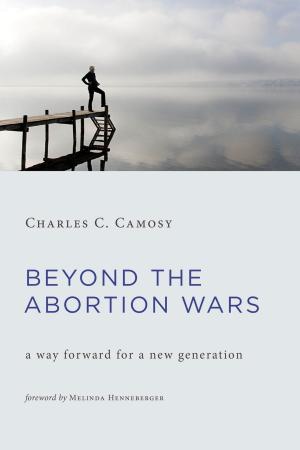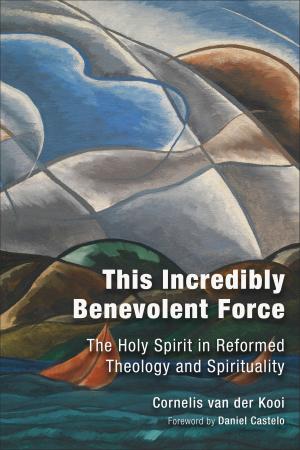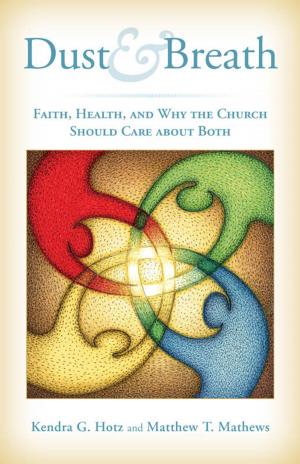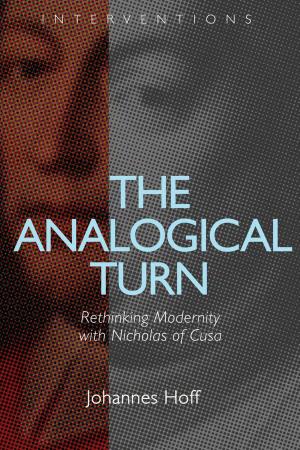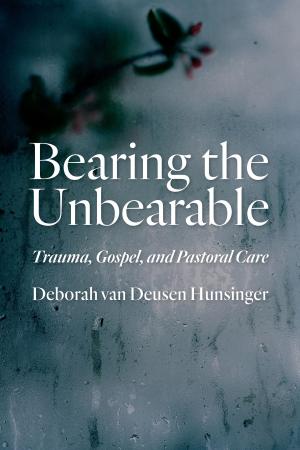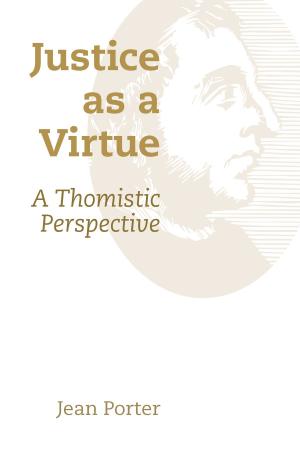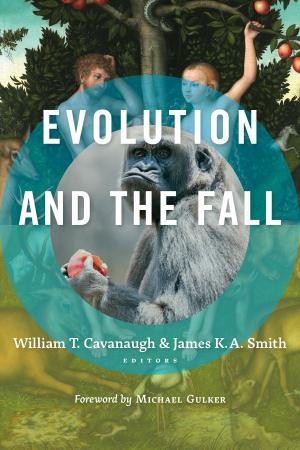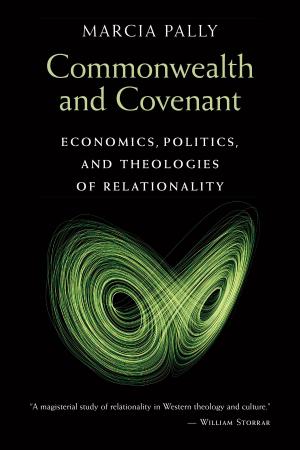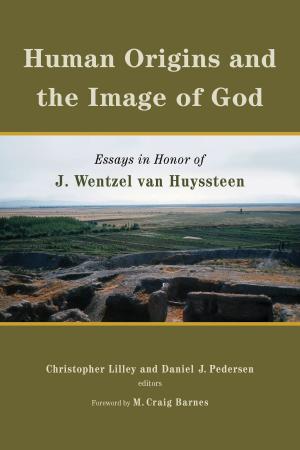Revelation as Testimony
A Philosophical-Theological Study
Nonfiction, Religion & Spirituality, Philosophy, Religious, Theology| Author: | Mats Wahlberg | ISBN: | 9781467442282 |
| Publisher: | Wm. B. Eerdmans Publishing Co. | Publication: | November 8, 2014 |
| Imprint: | Eerdmans | Language: | English |
| Author: | Mats Wahlberg |
| ISBN: | 9781467442282 |
| Publisher: | Wm. B. Eerdmans Publishing Co. |
| Publication: | November 8, 2014 |
| Imprint: | Eerdmans |
| Language: | English |
According to the pre-modern Christian tradition, knowledge of God is mainly testimonial: we know certain important truths about God and divine things because God himself has told them to us. In academic theology of late this view is often summarily dismissed. But to do so is a mistake, claims Mats Wahlberg, who argues that the testimonial understanding of revelation is indispensable to Christian theology.
Criticizing the currently common idea that revelation should be construed exclusively in terms of God’s self manifestation in history or through inner experience, Wahlberg discusses the concept of divine testimony in the context of the debate about how any knowledge of God is possible. He draws on resources from contemporary analytic philosophy -- especially John McDowell and Nicholas Wolterstorff -- to argue for the intellectual viability of revelation as divine testimony.
According to the pre-modern Christian tradition, knowledge of God is mainly testimonial: we know certain important truths about God and divine things because God himself has told them to us. In academic theology of late this view is often summarily dismissed. But to do so is a mistake, claims Mats Wahlberg, who argues that the testimonial understanding of revelation is indispensable to Christian theology.
Criticizing the currently common idea that revelation should be construed exclusively in terms of God’s self manifestation in history or through inner experience, Wahlberg discusses the concept of divine testimony in the context of the debate about how any knowledge of God is possible. He draws on resources from contemporary analytic philosophy -- especially John McDowell and Nicholas Wolterstorff -- to argue for the intellectual viability of revelation as divine testimony.
